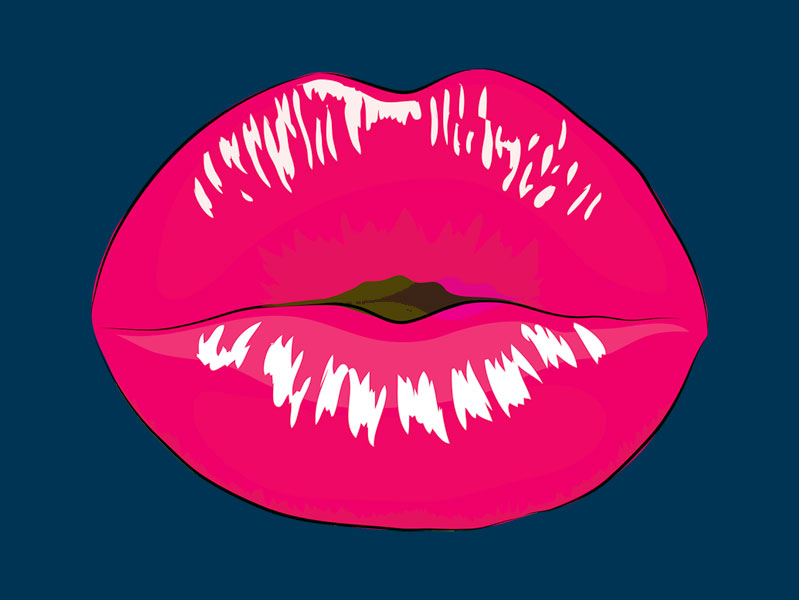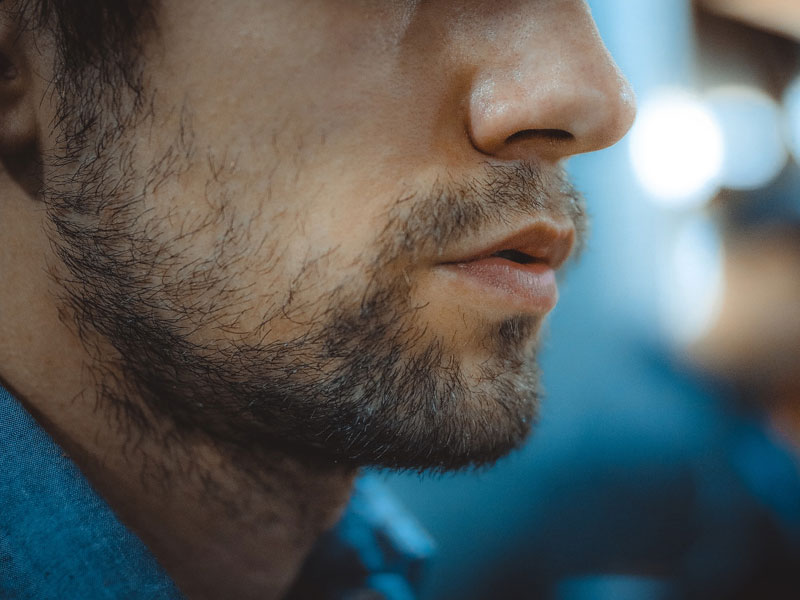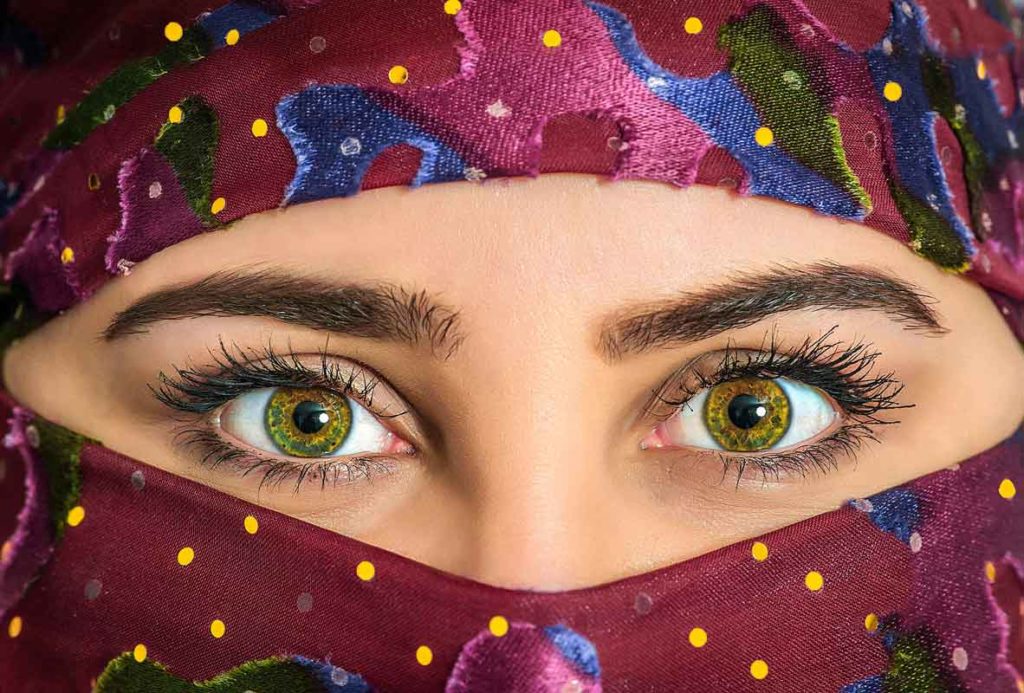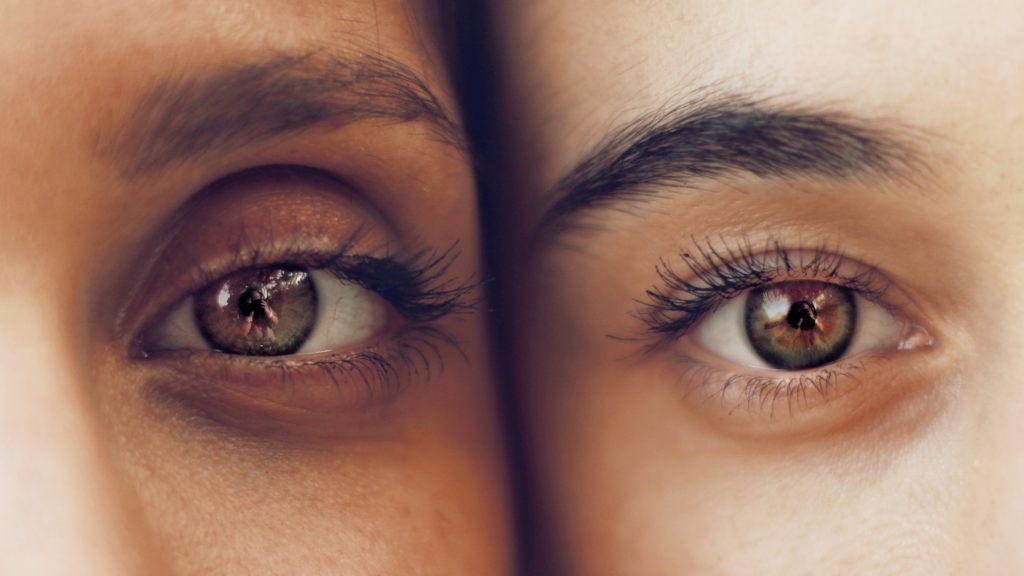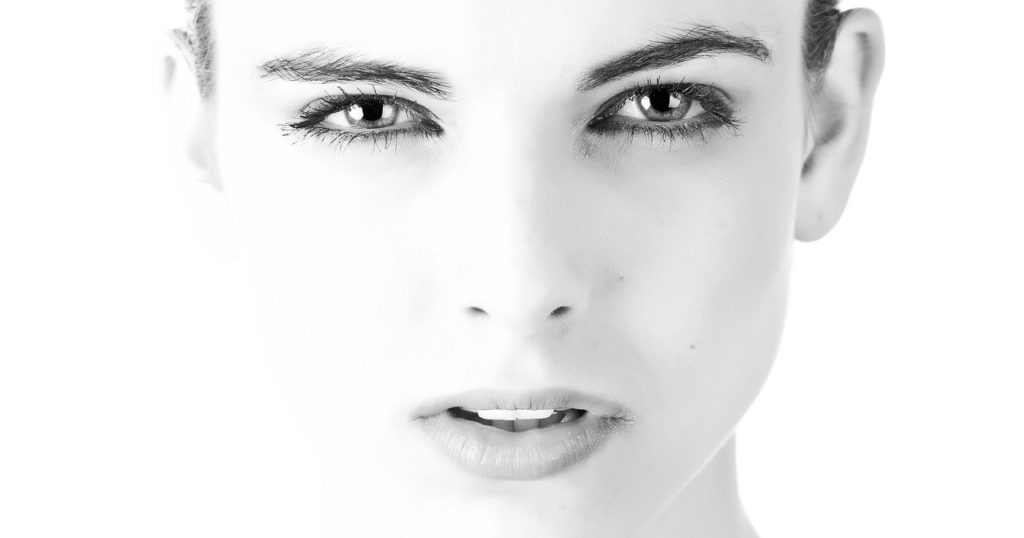Blog
Laser Treatments for Rosacea
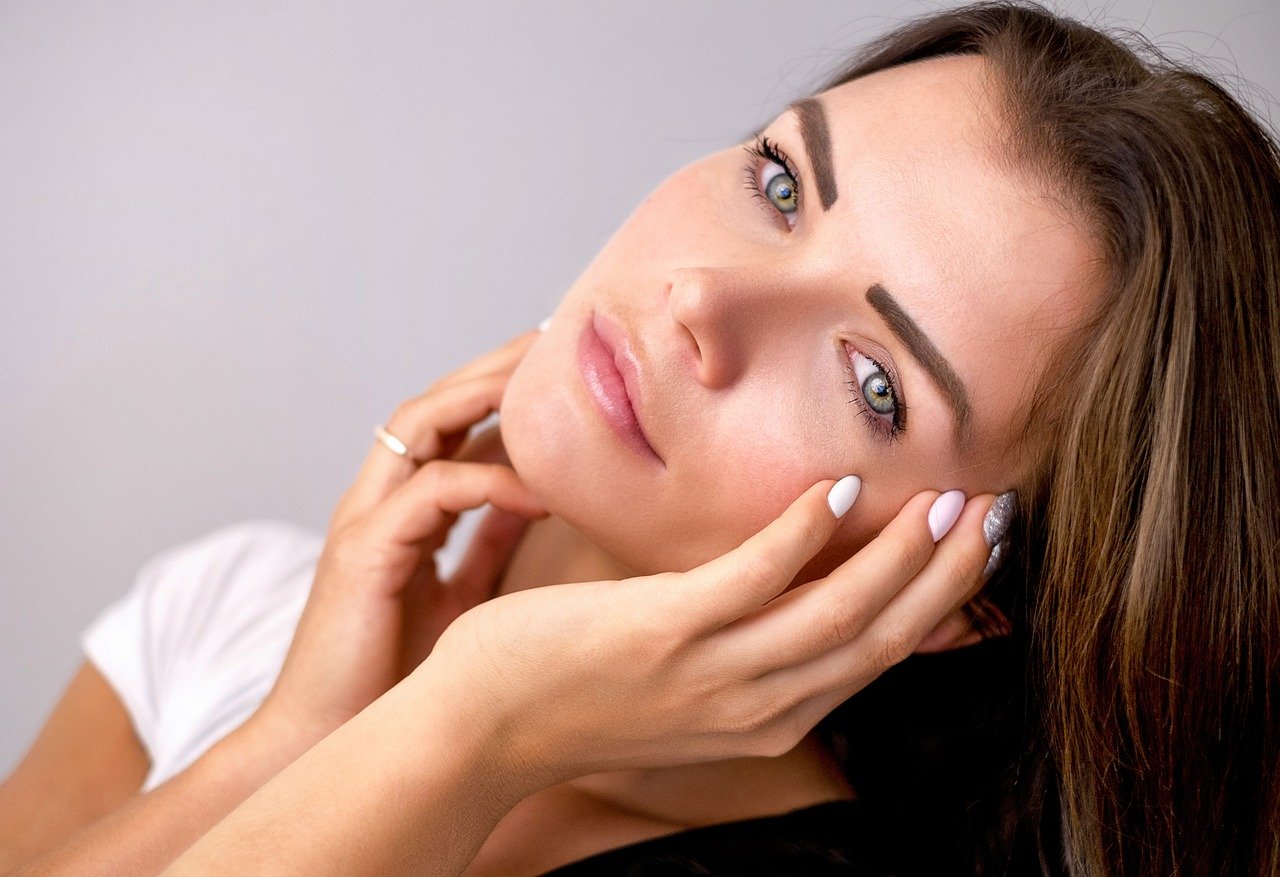
If you have Rosacea, you may feel very self-conscious when the symptoms make their mark, but you are not alone. Rosacea flare-ups affect over 16 million Americans. You are not in danger. Rosacea may not be something you would choose to live with, but living with it won’t harm your health.
But as we said, you may not want to have to live with the red flushed skin, the small red puss-filled bumps, and the unpredictability of when you may have a flare-up. Not to mention that you have no control over how long that flare-up will last.
There is no specific test to diagnose Rosacea. Your doctor may run tests to rule out other conditions that have the same signs and symptoms, but once those are ruled out, your doctor will likely diagnose you with Rosacea.
Unfortunately, there is no cure, and Rosacea has traditionally been difficult to treat because the skin is already so sensitive. When it is treated, the protocol focuses on controlling signs and symptoms. In the past, treatment usually involved a combination of good skin care and prescription drugs. Today, however, dermatologists have other options, including laser treatments.
Laser Treatments and Rosacea
According to the American Academy of Dermatologists, lasers used to treat visible blood vessels produce excellent results. Most patients experience a 50 to 75% reduction in their symptoms after one to three treatments, and the results can last up to five years.
In a 2015 study, 50% of participants saw “good to excellent” improvement in their rosacea symptoms when treated with a YAG laser. It was noted that this particular treatment might work better for people with vascular lesions than people with pustules from papulopustular Rosacea.
A 2005 study found that IPL treatments are effective for treating visible blood vessels from Rosacea. About 77.8% of the participants who used IPL to treat Rosacea found the treatment worked.
How Laser Treatments Work
Lasers have been used for aesthetic treatments for over 40 years.
Lasers and injectibles are among the most popular non-surgical treatments for improving the skin’s health and appearance. Laser treatments can treat loose skin, acne, spider veins, tighten pores and even treat Rosacea.
Two primary groups of lasers are used for cosmetic skin treatments: ablative and non-ablative. Ablative lasers vaporize the top layer of skin, which makes it peel. Non-ablative lasers target specific cells within the skin, which means no peeling and no damage to the top layers of your beautiful skin. Non-ablative lasers are perfect for treating Rosacea.
Different lasers have different abilities, but they all function similarly. The light inside the machine has multiple filters to separate wavelengths. The filtered wavelengths focus a precise beam of light that addresses specific concerns within the skin. Each laser is attracted to and absorbed by different cells within the skin.
Laser treatments are non-invasive, and most people find them to be pain free. The most common ways that patients describe how getting a laser treatment feels are:
- A pricking feeling sensation
- A feeling like the flick of an elastic band
- A warm massage-like feeling
Laser treatments are generally fast, efficient, and safe.
Laser Treatments for Rosacea
The two laser treatments that we recommend for treating Rosacea are Morpheus 8 and Lumecca.
Morpheus 8
This laser was named Morpheus because of its ability to morph the skin’s building blocks to contour one’s face and body using fractional technology for subdermal adipose remodeling.
What does that mean to you? Your provider will use a micro-needling device that combines radiofrequency energy and a matrix of micro pins to renew deeper layers of the skin. The treatment penetrates deep into the skin and fat tissue to remodel and contour the face and will improve skin complexion and texture for a more radiant and youthful appearance. Downtime is minimal, although you can expect to see micro lesions for a few days after treatment and slight redness for up to one week. You also need to back off on wearing make-up or using skincare products for four days following treatment to give your skin a chance to heal.
Lumecca
Lumecca uses powerful, intense pulsed light (IPL) to target and treat pigmented and vascular lesions. It only takes 1-3 sessions Lumecca to improve the appearance of
- Age spots (red/brown pigmentations)
- Vascular lesions such as facial telangiectasias (spider veins) and poikiloderma
- Rosacea
- Freckles
- Sun damage
This treatment uses a bright flash of light that may feel like the snap of a rubber band when it reaches your skin. You can expect some redness and warming of the skin after treatment, but these usually subside within an hour. For 24-48 hours, you may notice a darkening of pigmented spots, but pigmented lesions will flake off within 7-10 days. When treating vascular lesions, you may see the vein blanch and disappear or a color change in the vessel. This will disappear within a week.
After the first session, you will notice an improved appearance of skin tone. Additional sessions provide even better results. Your particular treatment regimen depends on the severity of skin damage or skin type of treatment. Your skin will continue to look younger and more brilliant as the days pass, with the most visible results after 1-2 weeks.
Side Effects of Laser Treatments
Side effects from laser treatments are usually minimal and should go away in just a few days. Sometimes, you may have some redness on your skin that could take up to two weeks to fade away.
Other side effects you can expect from laser treatment for Rosacea include:
- itching
- rash
- skin feeling tight or taut
How We Can Help
Rosacea is a non-discriminatory skin condition that can affect anyone. Although there’s no cure, there are now many safe, effective, and convenient ways to treat Roasae with long-lasting results. If you’re ready to treat the signs and symptoms of Rosacea using Laser Treatments, get in touch with us. We’ll schedule a consultation with you, determine the best course of treatment, and get your best Health on the Horizon!

